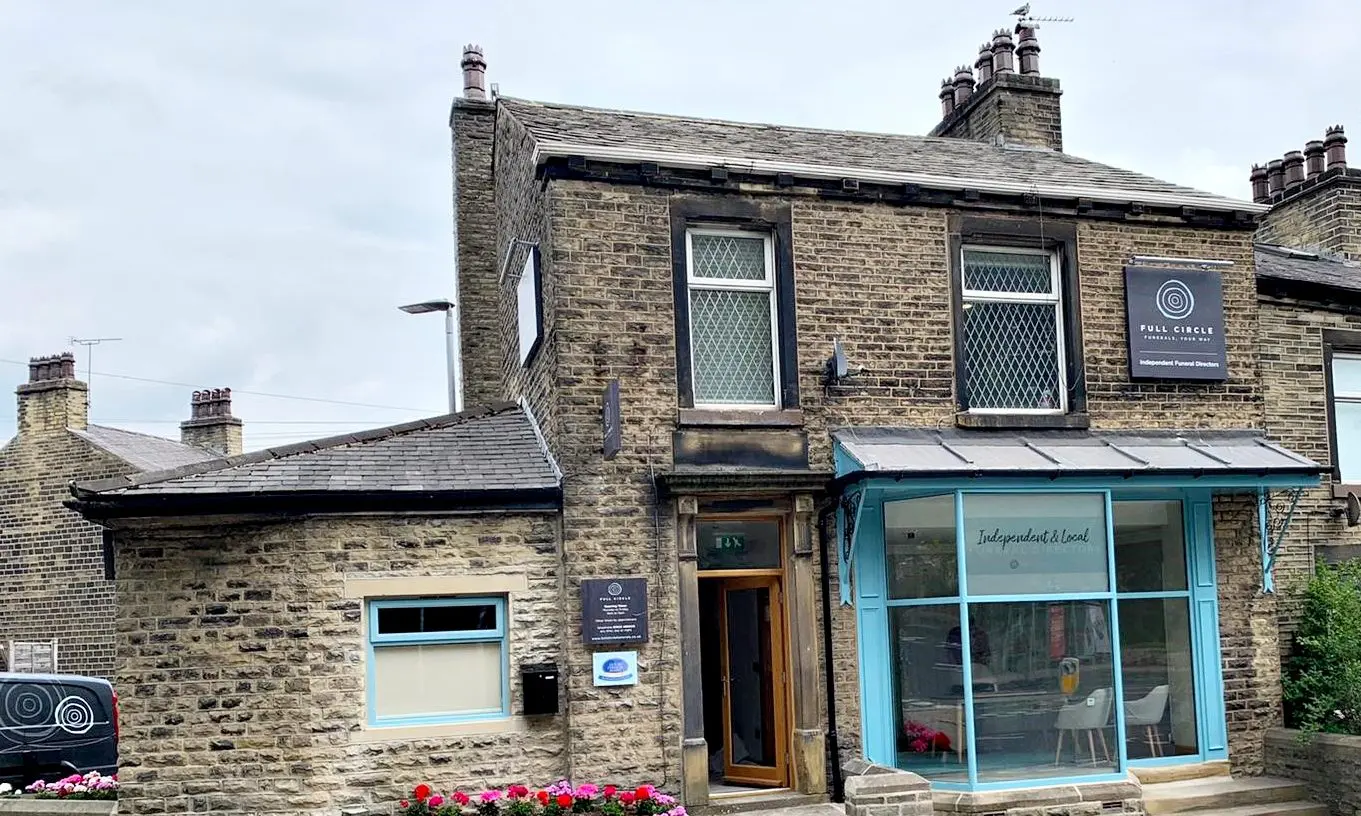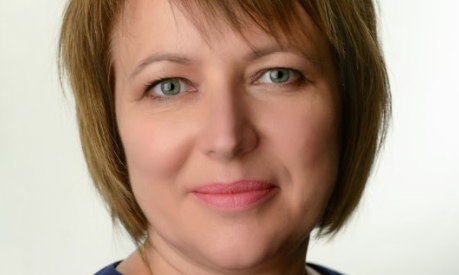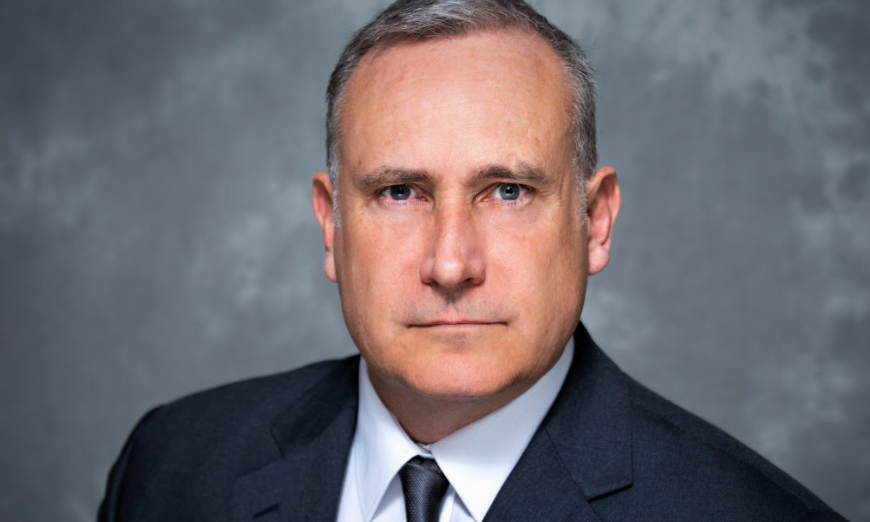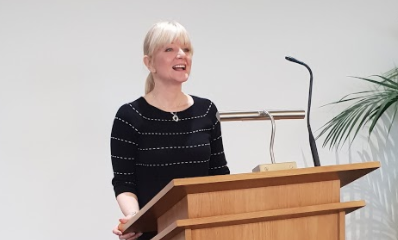Register to get 5 free articles
Reveal the article below by registering for our email newsletter.
Want unlimited access? View Plans
Already have an account? Sign in
As we note that new Covid-19 cases and numbers of related deaths are thankfully steadily declining and as the number of deceased people we are caring for across the funeral business is easing we are able to take stock, and hopefully look to the post pandemic landscape on the horizon. But as we experience some relief and some breathing space as a profession, there is an area of concern within our business that has to be addressed, and that is the mental health and wellbeing of our own staff.
They have endured through the most extraordinary time of their careers, and it has been difficult, and it has been a strain and at times very stressful. As pressures of their roles relax over the next few months, there are those that may look back and experience new anxieties and some may struggle to come to terms with the experience.
So now we must support them just as diligently and with as much care as they have shown the families and communities they have supported in the last weeks. They have undertaken a remarkable task under the most difficult circumstances whilst adhering to strict guidelines that had to be adopted quickly and without compromise.
It’s part of our team’s work ethic, their professional DNA, to go above and beyond for every client they deal with, often building close relationships with family members and walking them with care and consideration through the funeral planning process and sadly with restrictions imposed they have had to work differently and often without ever meeting their clients which has meant at times they have questioned the feeling of not being able to deliver the service they are renowned for.
Whilst traditionally seen as stoic and resilient by the very nature of what they do day in day out, these challenging times have been impactful for all those responsible for delivering a funeral from funeral directors, embalmers, hospital mortuary technicians, coroners, registrars, GPs, hospices, faith leaders, celebrants, crematorium and cemetery teams.
Staff have been frustrated because they haven’t been able to plan those special ceremonies and instead only help families remotely through phone calls and emails, often having to decline basic requests and impose regulations at all stages and be exposed daily to the heartbreak of thousands parted from loved ones as a result of this terrible pandemic. It has the potential to leave some with feelings of guilt and regret that will weigh heavily for some time to come and we have to be mindful what these individuals, these front line key workers, have themselves endured without the support of friends and family in lockdown.
So we will recognise their considerable efforts within the business and take the opportunity to thank them for their compassion and their absolute commitment to do the best they could for families that felt and still feel adrift from their grief, as they come to terms with laying a loved one to rest without the ceremony and celebration they would traditionally have had.
Throughout the last few months we have ensured that staff have one to one sessions with a manager so that we could check in with them regularly, gauge their mood and address any concerns and just give them time to talk.
Mental Health Awareness has been a regular topic on the daily updates I send to every colleague including signposting to organisations that can help such as NHS Every Mind Matters.
We always have an open door policy where people can come and talk in confidence and myself and company director, Vicky Trumper, are qualified mental health first aiders but we appreciate that sometimes people prefer to talk to people outside of their work setting so we provide lots of information for people to access support if they need it. We’ve laughed and cried with them, sat down to ‘Fish and Chip Fridays’ and marvelled at their resilience and the blitz spirit that has kept them going and going and going.
As we move forward, those sessions will continue but we may need to do more and be mindful that emotions and reactions may not become truly evident for some months to come. We are taking advice from our own professional bodies, the NAFD and SAIF and also from those that organise our own bereavement forums. The effects of Covid19 will be felt for a very long time both professionally and personally.
We have also been overwhelmed by the support of our clients and our communities. Messages of thanks from families who have taken time out from their grief to commend the staff members that did all that they could, have been all the sweeter and all the more cherished, and have provided comfort.
What is certain is that how we address mental health and wellbeing in our own organisation and within our wider industry will surely change. There must be sharper focus on the support we must provide to team members moving forward, with access to advice and counselling and practical coping techniques. We must take the collective learning from this unprecedented experience as an industry and establish a stronger support system for staff at all levels of responsibility by creating a growing culture of mental health awareness and support.
And as we review our own practices for staff care, we may need to look carefully at the format and function of our own and external bereavement services.
Organisations such as Cruse Bereavement Care and CHUMS, which offers a mental health and emotional wellbeing service for children and young people, were quick to adapt their online services to include essential information and help to those specifically experiencing issues relating to COVID-19 bereavements and anxieties, and conducting appointments, engagements and calls online or by telephone. The Samaritan lines too remain open 24/7.
However, we know all too well that face to face meetings, bereavement groups and open forums provide a level of grief support that many will need access to once able and safe to do so.
They offer local support and companionship, a friendly face, for anyone who has experienced loss and is finding it difficult to adjust. And there is a worry that those services may be overwhelmed by the numbers of individuals who, over the last several months, have been unable to deal with and share their grief, and that those numbers may well include key workers and NHS staff who have had to deal with unprecedented situations in their daily lives.
Neville Funerals actively supports bereavement groups, we host our own called Talking Elephants, in locations across Bedfordshire and Hertfordshire, with trained counsellors available, and we are reviewing daily when we can safely organise opening them again but the frequency of those sessions may also have to be reviewed.
As we look hopefully towards summer and autumn months safe in the knowledge that the pandemic is under control and no second peak evident, we will have to turn to the support systems that have to help those left behind and acknowledge that we must do more as a business and an industry, to assist our own staff, our services and external agencies in helping those that undoubtedly will come forward for advice and care.




















